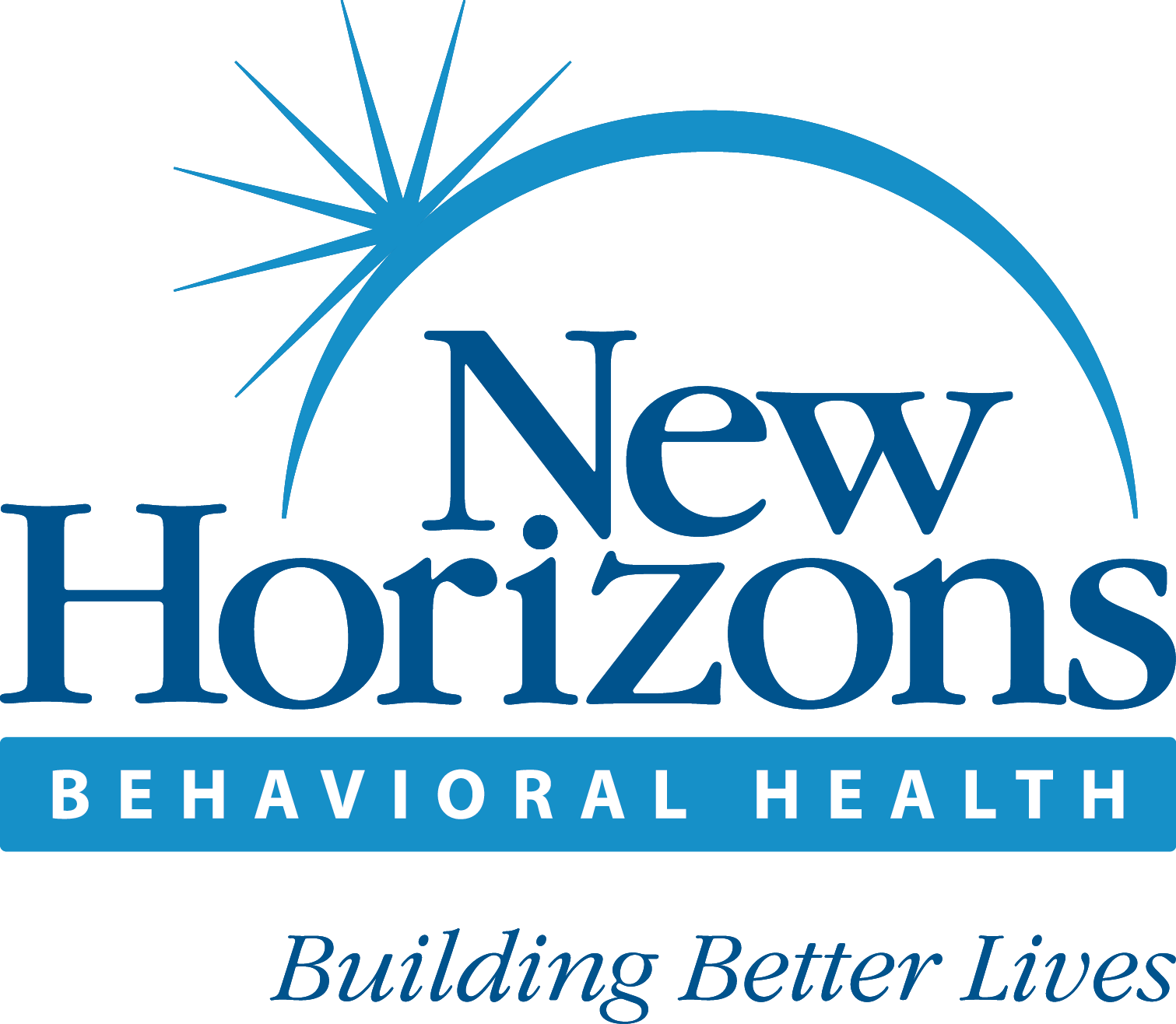Prevent bullying of children and youth with epilepsy and other health conditions
Posted on Jul 04, 2017 at 0:00 AM
How do you think a grade school class would react if a classmate suddenly became silent? They may not know what they are seeing, so they speculate and create stories about what is going on. Maybe he contracted an illness. Maybe she is so tired she was sleeping while awake. The stories may often be worse than reality for a child, especially one living with a chronic medical condition. The silent stare may be the result of an absent seizure.
Epilepsy is a neurological condition that causes the brain to seize. There are different types of seizures – some are more obvious because they affect movement and coordination. But others are not noticeable. When a seizure happens, it results from a sudden electrical surge in the brain. This can affect how the body and brain respond and can be different from how a person would otherwise act. People living with epilepsy take medications to manage the seizures, but side effects like drowsiness, weight gain, and difficulty focusing can affect esteem and quality of life. Having a chronic or severe illness can be hard to control and may result in depression.
When a child sees a peer having an epileptic seizure they may feel scared because they do not understand what is happening. Kids may try to use humor to deflect their fears, but that can quickly lead to bullying and can be hurtful. We know that for otherwise healthy children, bullying can affect social skills and friendships, self-esteem, and may increase anxiety and depression. And that is even greater for a child living with epilepsy who is also experiencing bullying.
There are things that will help to prevent bullying of children and youth with epilepsy and other health conditions. Parents can educate school administrators and teachers about the condition and the type of seizures the child may have and the effects it may have. They can create an action plan for what to do if a seizure occurs. Including psychoeducation in school can help children address questions that their classmates might have.
If parents notice their child appears more depressed, cranky, or agitated or if their child is less interested in activities – these can be warning signs that the child is affected by bullying. Asking questions will help to determine what is going on. Parents can also enlist the help of their pediatrician or other healthcare provider in talking with their child about these issues.
When children understand each other and what is happening with their classmates, there is greater empathy. Even when a child may be different or have an illness, bullying will be less likely to occur if other children comprehend why a classmate may have different needs.
By:
Tatiana Falcone M.D., FAPA, Child and Adolescent Psychiatrist with the Epilepsy Center at the Cleveland Clinic and Maureen Perkins Public Health Analyst with the Health Resources and Services Administration
- Categories:
- General

